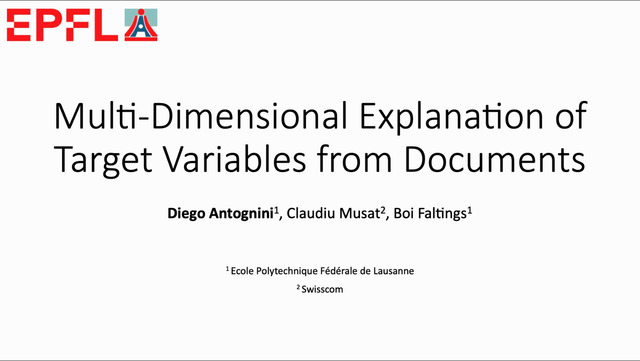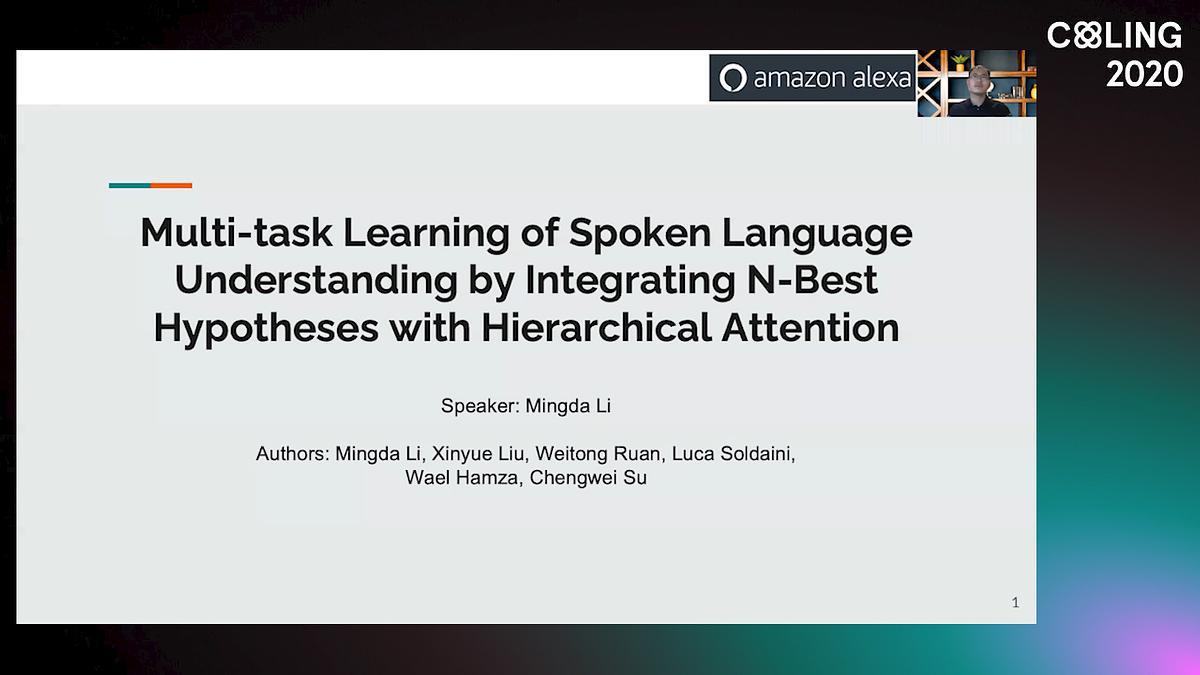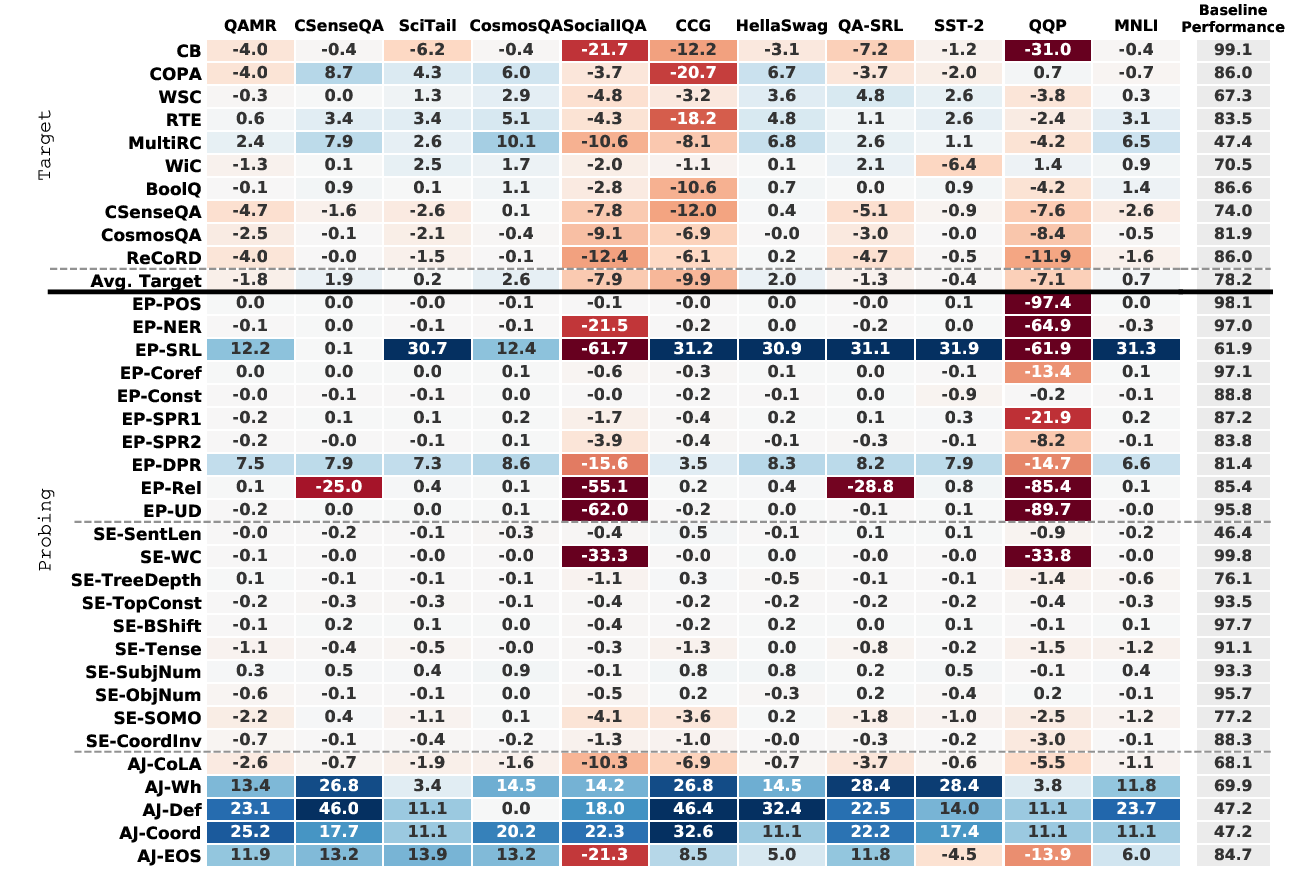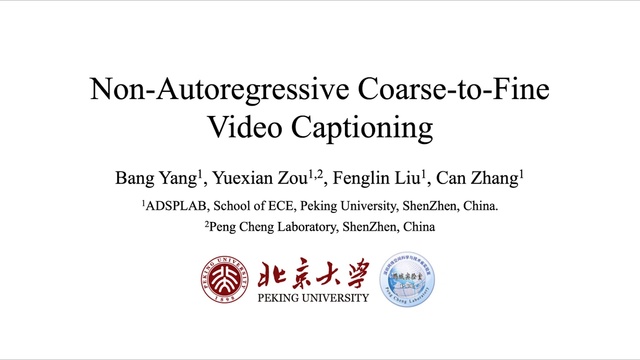Abstract:
It is well known that the standard likelihood training and approximate decoding objectives in neural text generation models lead to less human-like responses for open-ended tasks such as language modeling and story generation. In this paper we have analyzed limitations of these models for abstractive document summarization and found that these models are highly prone to hallucinate content that is unfaithful to the input document. We conducted a large scale human evaluation of several neural abstractive summarization systems to better understand the types of hallucinations they produce. Our human annotators found substantial amounts of hallucinated content in all model generated summaries. However, our analysis does show that pretrained models are better summarizers not only in terms of raw metrics, i.e., ROUGE, but also in generating faithful and factual summaries as evaluated by humans. Furthermore, we show that textual entailment measures better correlate with faithfulness than standard metrics, potentially leading the way to automatic evaluation metrics as well as training and decoding criteria.









































